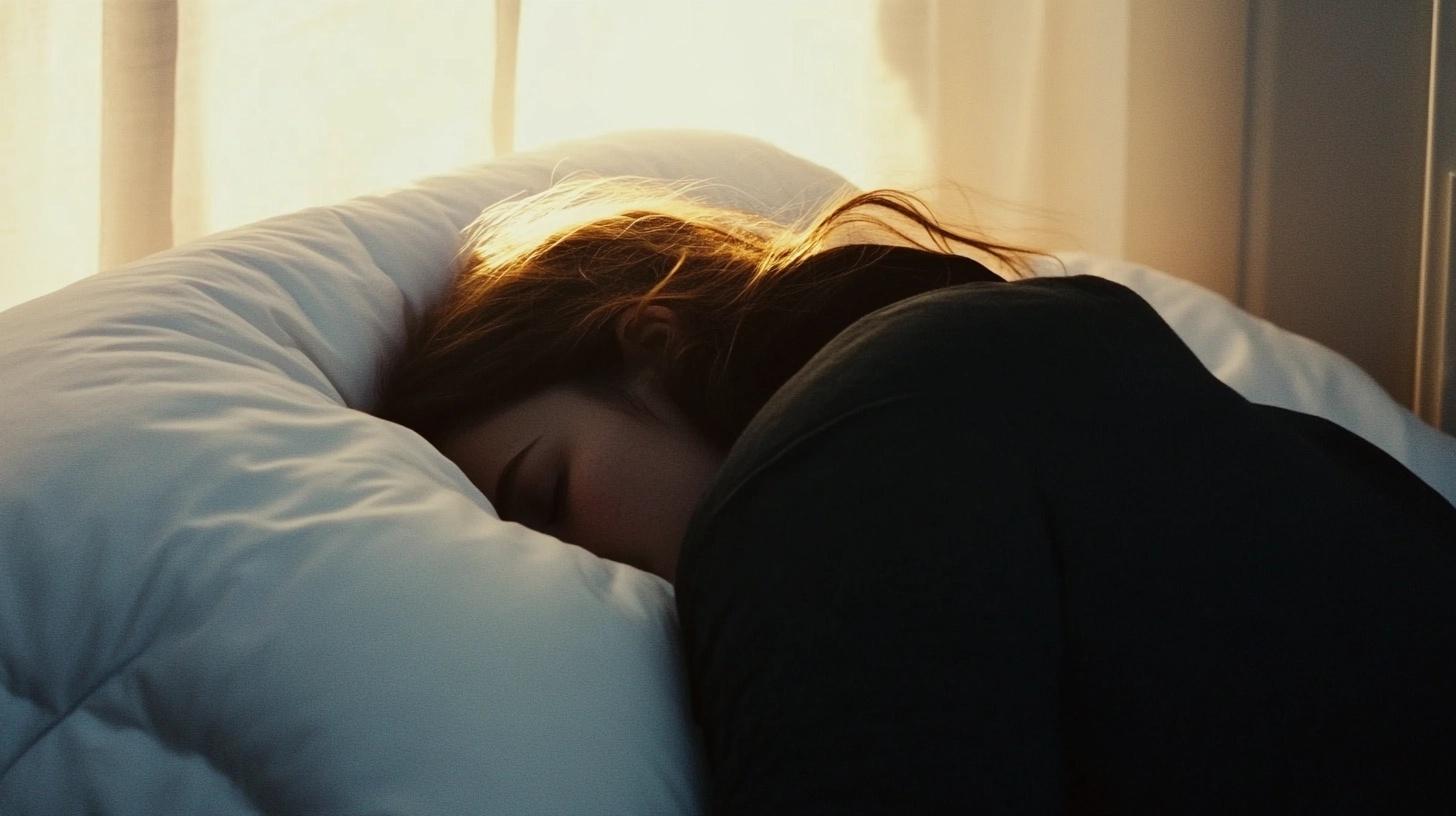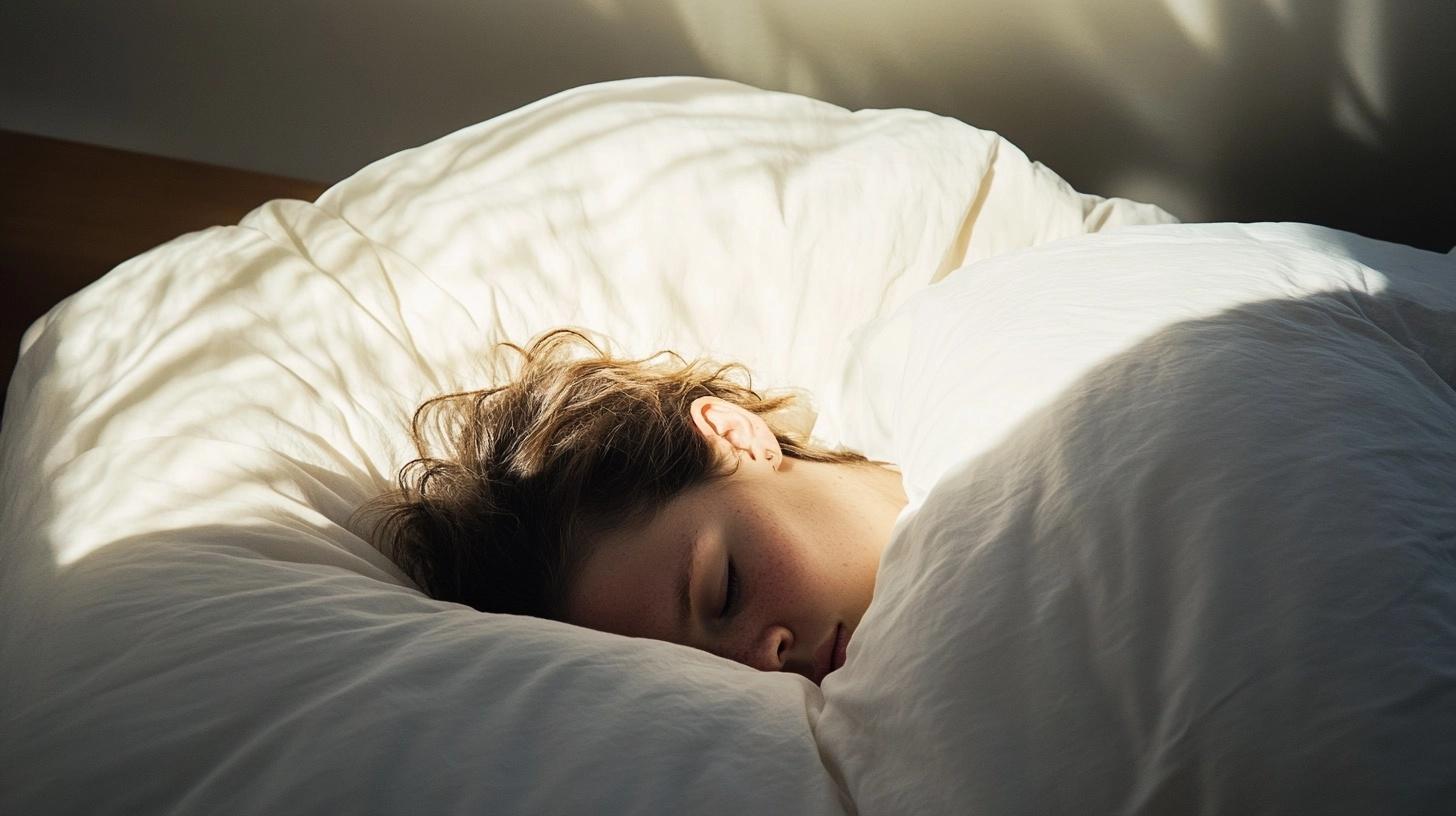What is your sleep chronotype?
Published
Knowing your sleep chronotype gives you a unique window to understanding the very essence of what makes you tick. Your chronotype is your tendency to feel sleepy or more alert and awake during the day and is closely linked to how your energy fluctuates throughout the day.
Are you a night owl or a morning lark? Answer the questions throughout the flowchart to find out.
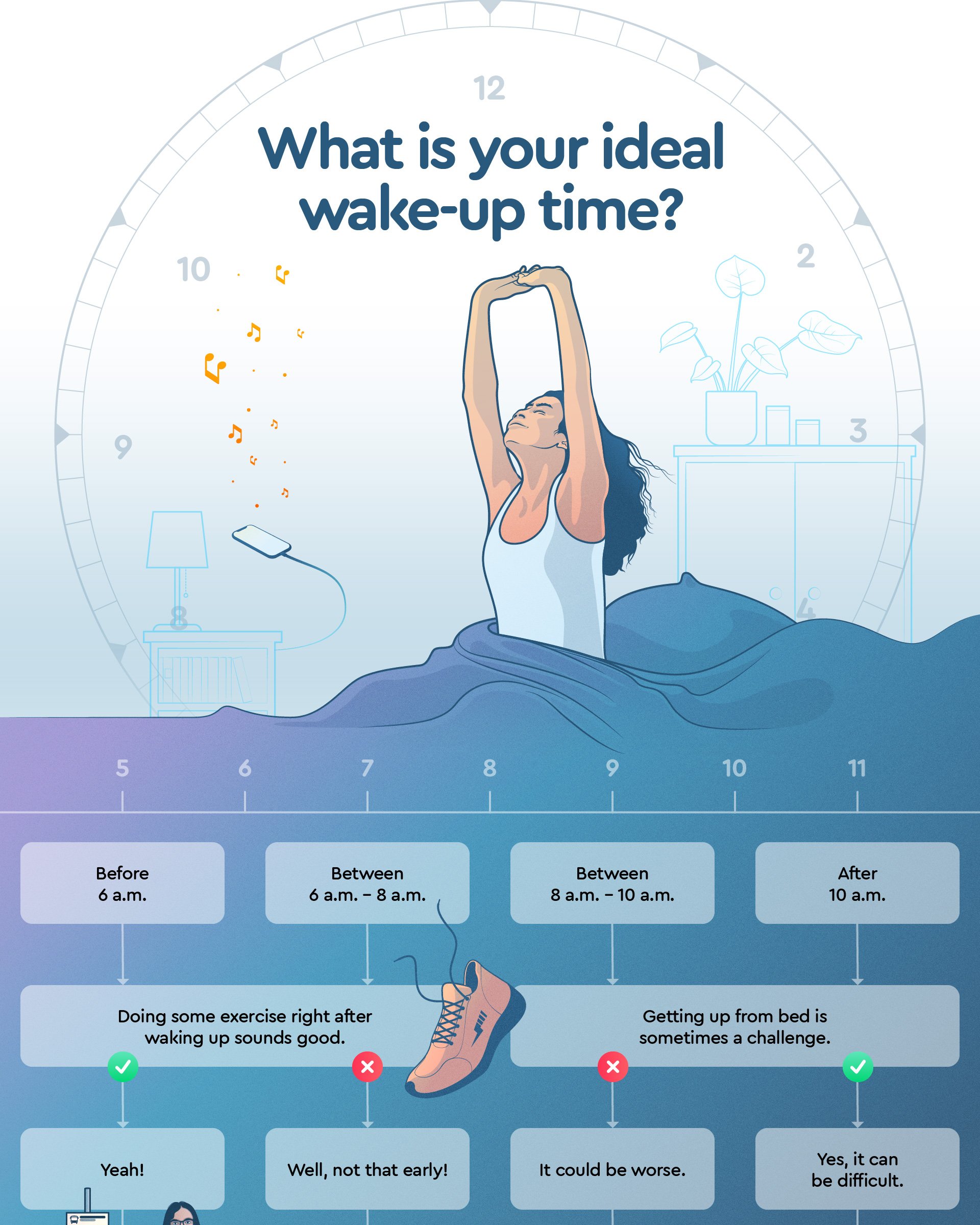
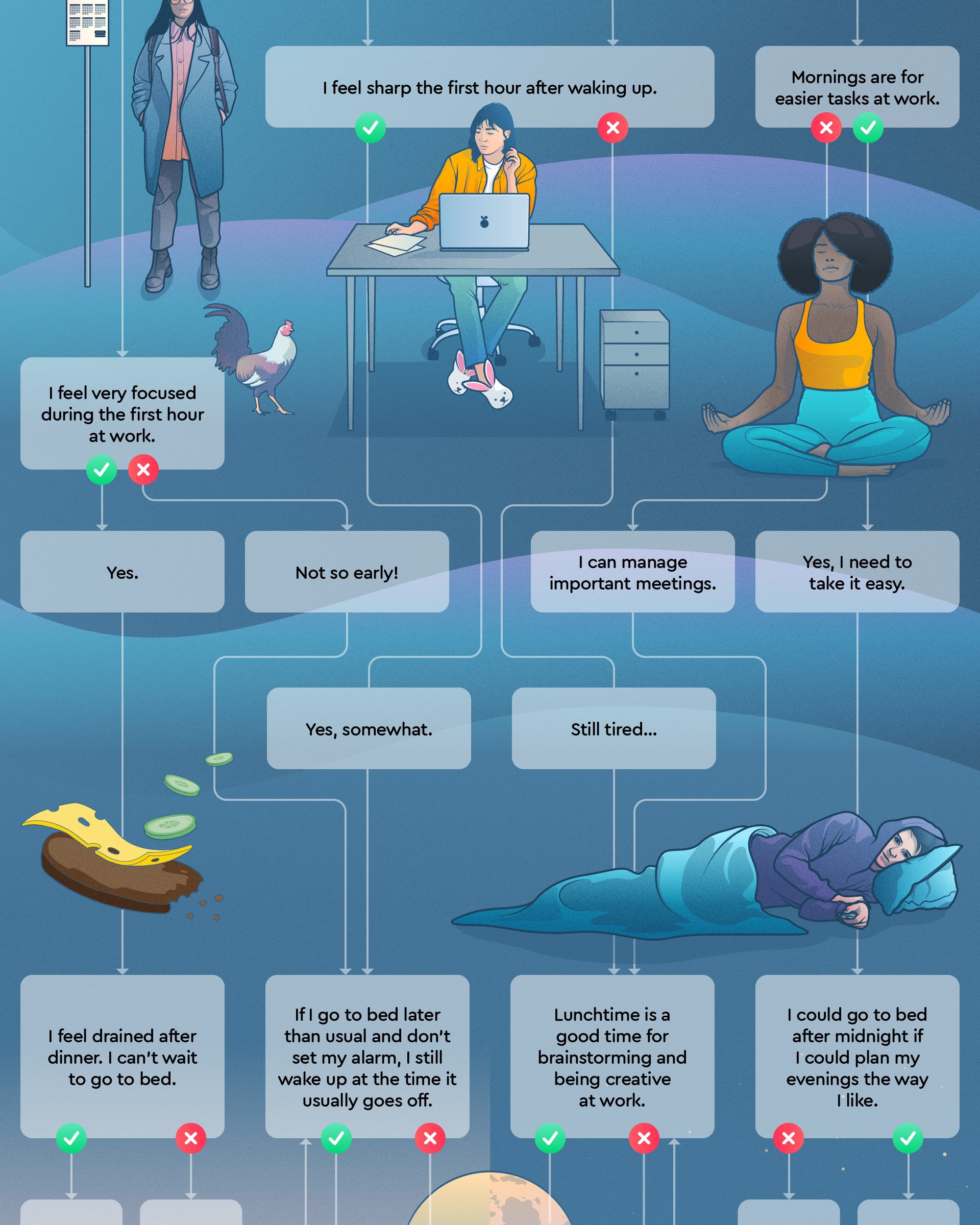
Morning lark
Your chronotype is that of a morning person or a lark. Larks enjoy rising early and they’re at their sharpest before lunch. Prioritizing complex and important tasks in the morning, when performance levels are at a peak, is a winning formula for larks. Exercise is more rewarding before dinner and when evening falls, larks tend to get tired and prefer bedtime.

Night owl
It seems your chronotype is that of an evening person, an owl. Owls enjoy sleeping in and tend to be more alert around lunch or in the afternoon. Scheduling work meetings and important tasks that require creativity and thinking in the afternoon is the best bet for owls. Exercising in the evening also works for them and when the sun sets, they don’t mind going to bed a little later.
Embrace your sleep chronotype
Knowing your sleep chronotype gives you insight into a sleep schedule that fits you. In extension, this could tell you when in the day you want to schedule complex tasks or important meetings. Also, you can gauge when you’re likely to be more productive and creative – simply the very best version of you – during the day. Although social conditioning and schedules can have some impact on our chronotypes, it’s generally accepted that they’re part of our biological and genetic make-up. Our circadian rhythm, which is closely linked to our chronotypes, is defined by the length of the PE3 gene.
As you familiarize yourself with your sleep chronotype and try to craft a sleep schedule that could work for you, it’s important to bear in mind that not only do chronotypes explain sleep patterns and sleep time needed, but also have a strong influence on hormone levels, body temperature, and metabolism. And because it all sits in your genes – don’t fight it – instead, make your chronotype work for you!
Learn more about your sleep patterns. Try Sleep Cycle Premium for free


